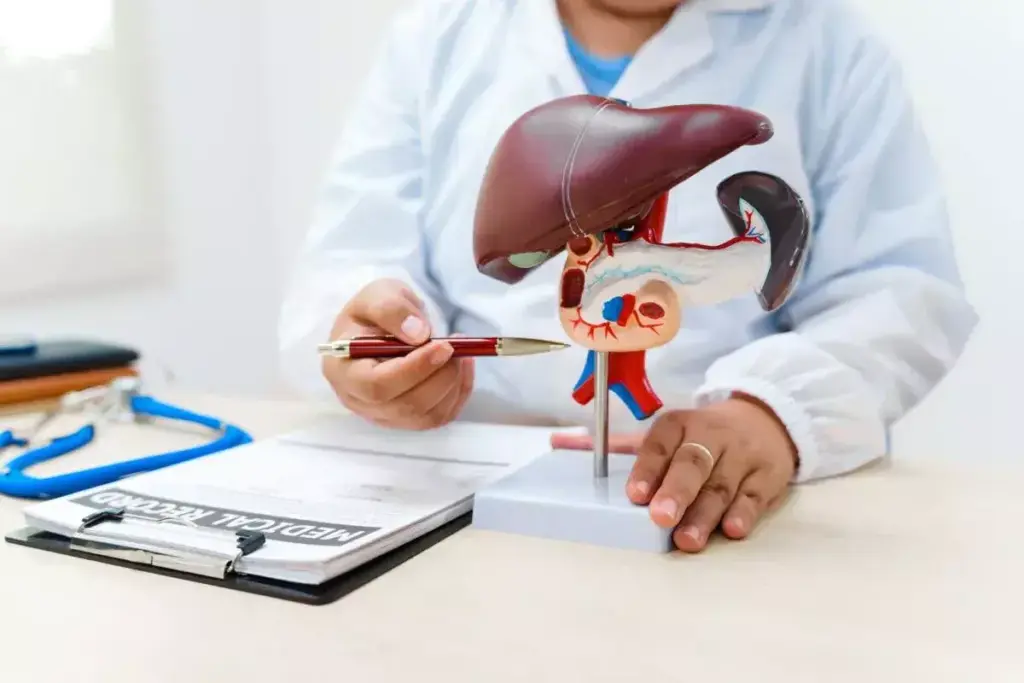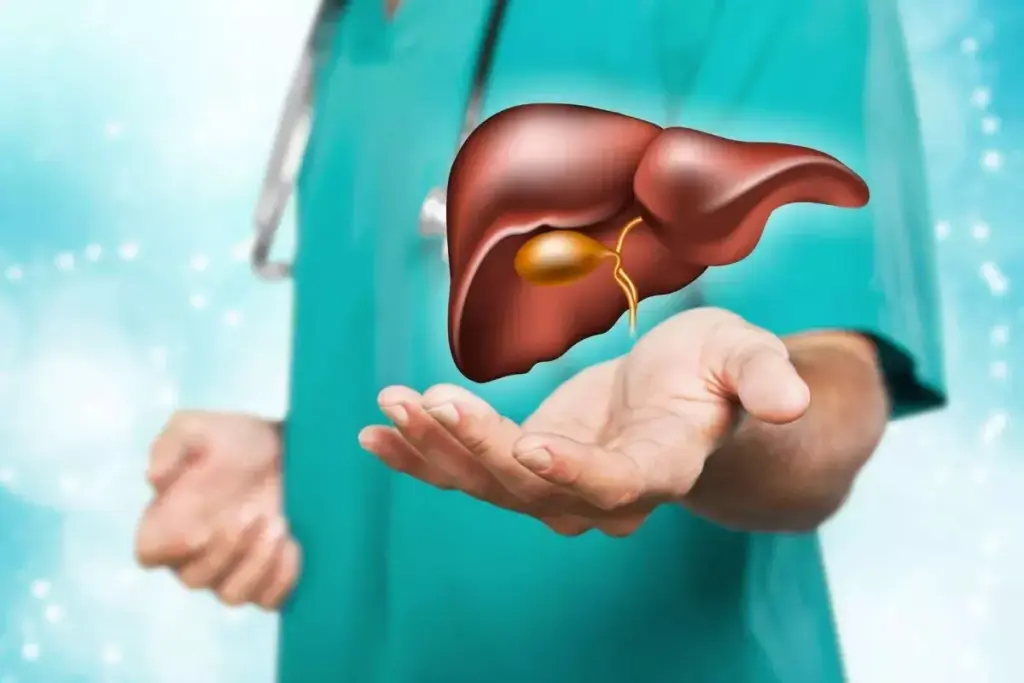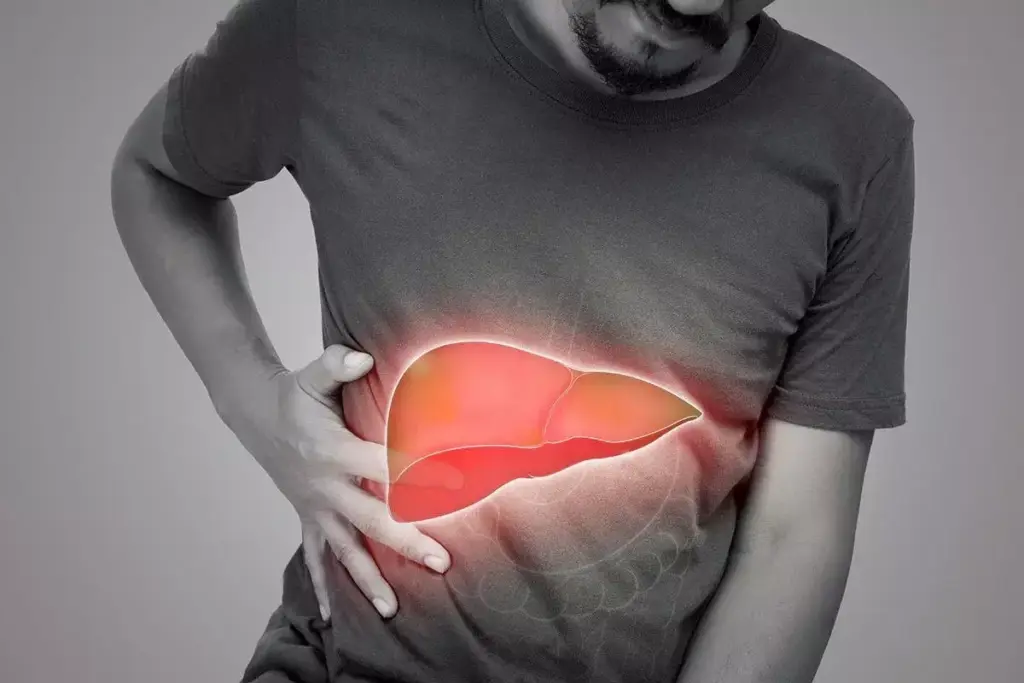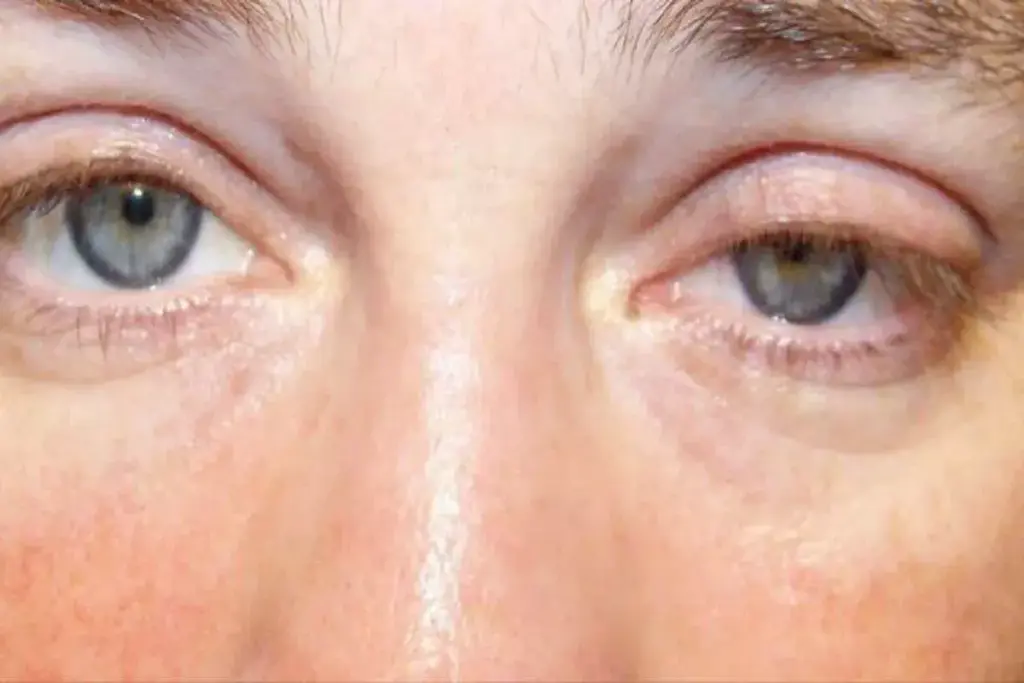
People who have had their gallbladder removed often wonder about drinking alcohol again. Drinking after gallbladder removal can have surprising risks. Learn how alcohol affects you without a gallbladder and when it’s safe.
Doctors say it’s okay to go back to normal life after surgery. But, you might need to change your diet a bit to avoid stomach problems.
Some folks can drink alcohol just fine after surgery. But, others might feel sick or have trouble digesting it. This shows how important it is to know how gallbladder removal affects drinking.
Key Takeaways
- Alcohol consumption after gallbladder removal can lead to varying responses.
- Some individuals may experience digestive discomfort or intolerance.
- Dietary adjustments are often necessary after surgery.
- Understanding personal tolerance to alcohol is key.
- Medical guidance recommends cautious reintroduction of alcohol.
Understanding Your Gallbladder and Its Function
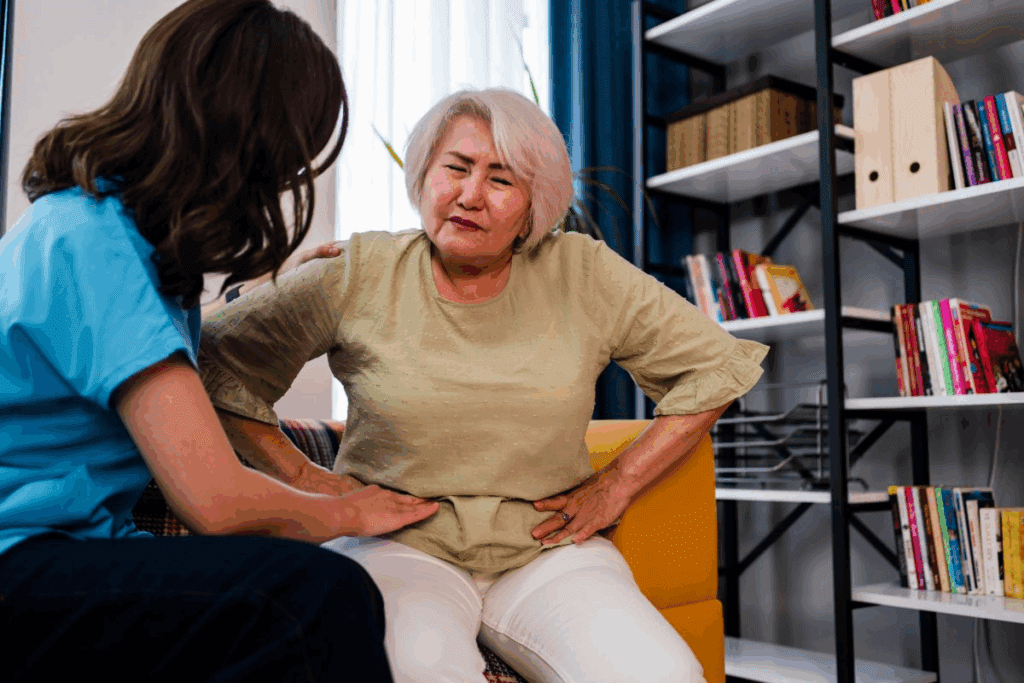
To understand the implications of gallbladder removal, it’s essential to first grasp the function of the gallbladder itself. The gallbladder is a small, pear-shaped organ located under the liver. It plays a key role in the digestive process.
The Role of the Gallbladder in Digestion
The gallbladder’s main job is to store bile. Bile is a fluid made by the liver that helps digest fats. When we eat fatty foods, the gallbladder releases bile into the small intestine.
Bile salts break down fats into smaller droplets. This makes it easier for enzymes to digest them. It also helps absorb fat-soluble vitamins.
How Bile Production and Storage Works
The liver constantly makes bile. This bile is then sent to the gallbladder for storage and concentration. When needed, the gallbladder releases bile into the bile ducts.
“The gallbladder stores and concentrates bile, releasing it into the small intestine to facilitate fat digestion.”
This process is key for efficient fat digestion and absorption.
Why Gallbladder Removal Becomes Necessary
Gallbladder removal, or cholecystectomy, is needed when the gallbladder is diseased or damaged. Common reasons include gallstones, inflammation (cholecystitis), and dysfunction.
| Condition | Description |
| Gallstones | Hardened deposits that can block the bile ducts, causing pain and infection. |
| Cholecystitis | Inflammation of the gallbladder, often due to gallstones, leading to severe pain and possible infection. |
| Gallbladder Dysfunction | Poor gallbladder function, which can lead to digestive issues without gallstones. |
Knowing about these conditions helps understand why gallbladder removal might be suggested.
What Happens to Digestion After Gallbladder Removal
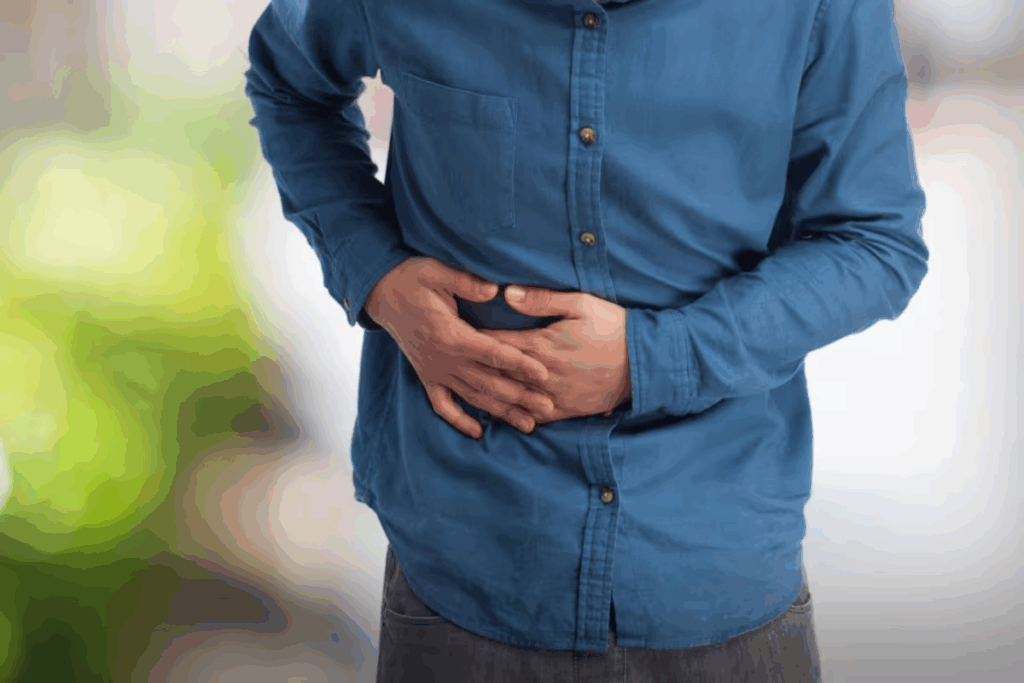
Gallbladder removal surgery changes how bile flows and digests food. Without a gallbladder, bile goes straight from the liver to the small intestine. This is different from when it’s stored and released as needed.
Changes in Bile Flow and Release Patterns
The constant flow of bile into the small intestine can change digestion. Bile is key for fat digestion, and its constant flow can cause discomfort.
A study in the Journal of Clinical Gastroenterology found that without a gallbladder, bile flows continuously. This can change the gut’s bacteria and affect digestion.
Common Digestive Adjustments Post-Surgery
Many people face digestive changes after gallbladder removal. Common issues include:
- Diarrhea
- Fatty stools
- Bloating and gas
These symptoms usually get better as the body adjusts to the new bile flow.
Fat Digestion Without a Gallbladder
Fat digestion is a big concern after gallbladder removal. Without a gallbladder, bile isn’t released in focused amounts during meals. This can make fat digestion harder.
| Digestive Change | Effect on Digestion |
| Continuous Bile Flow | Potential for digestive discomfort |
| Altered Fat Digestion | Increased risk of fatty stools |
As people adapt, many find their digestive issues improve over time. But, some might need to change their diet to manage symptoms better.
“Dietary modifications, such as a low-fat diet, can help manage symptoms in patients post-cholecystectomy,” according to a clinical guideline published in the American Journal of Gastroenterology.
The Initial Recovery Period After Gallbladder Surgery
The days right after gallbladder surgery are key for healing. You need to pay close attention to what you eat and how you live. A good plan helps avoid pain and makes recovery smoother.
Immediate Post-Operative Dietary Guidelines
Right after surgery, your stomach is very sensitive. You should stick to a bland diet. This means eating foods that are easy to digest, like:
- Clear broths
- Plain toast
- Plain rice
- Bananas
- Applesauce
It’s important to avoid fatty, spicy, or high-fiber foods at first. These can make you uncomfortable or cause problems. Slowly add more foods as your body gets used to them.
Timeline for Digestive System Adaptation
How long it takes for your body to adjust to life without a gallbladder varies. It usually takes a few weeks for your body to get used to digesting fats differently. You might notice changes in your bowel movements or feel uncomfortable after eating certain foods.
Be patient and let your body heal at its own pace. Most people see their digestive issues improve in 2 to 6 weeks after surgery.
When You Can Resume Normal Activities
Going back to normal activities after surgery should be done slowly. Most people can get back to their usual routine in a few weeks. But, this depends on your health and what you do every day.
Always follow the advice of your healthcare team. They can give you personalized tips based on your situation and how you’re doing.
How Alcohol Affects Digestion Without a Gallbladder
Alcohol’s effect on digestion changes a lot without a gallbladder. The gallbladder stores bile from the liver. It releases bile into the intestine to help digest fats. Without it, bile flows into the intestine all the time, changing how alcohol is processed.
The Interaction Between Alcohol and Continuous Bile Flow
Alcohol and bile flow in the intestine interact differently without a gallbladder. This can make people more sensitive to alcohol. The bile flow is not controlled like it was before surgery.
“The continuous flow of bile into the intestine can significantly impact how the body processes alcohol,” says a gastroenterology expert. This change can make people feel the effects of alcohol more strongly, even at lower doses.
Alcohol’s Impact on Fat Processing
Alcohol affects fat processing in people without a gallbladder. Bile is key for fat digestion, and its constant flow can cause varied reactions. Some might digest fats better, while others might have diarrhea or discomfort.
- Increased bile flow can enhance fat digestion in some cases.
- Alcohol can interfere with this process, leading to digestive discomfort.
- Individual responses to alcohol and fat can vary significantly post-surgery.
Why Sensitivity May Increase Post-Surgery
Sensitivity to alcohol may increase after gallbladder removal. This is because of the changed bile flow and its interaction with alcohol in the intestine. People might feel the effects of alcohol more strongly, even at moderate levels. It’s important to be careful and watch how the body reacts to alcohol after surgery.
“Patients should be aware that their tolerance to alcohol may decrease after gallbladder surgery,” notes a medical professional. “It’s essential to consume alcohol in moderation and observe how your body reacts.”
In conclusion, not having a gallbladder changes how alcohol is digested and processed. It’s important to understand these changes to manage alcohol intake and keep the digestive system healthy after surgery.
Drinking After Gallbladder Removal: What Research Shows
Studies have looked into drinking after gallbladder surgery. Without a gallbladder, digestion changes. It’s key to know how alcohol affects this new way of digesting.
Clinical Studies on Post-Cholecystectomy Alcohol Consumption
Many studies have looked at alcohol’s effects after gallbladder removal. A main finding is that bile flow changes how alcohol is processed. This can make people more sensitive to alcohol.
One study found that drinking after surgery can cause discomfort. Symptoms like bloating and diarrhea were common. This shows that while alcohol might not be banned, caution is needed.
Expert Medical Opinions on Alcohol Tolerance
Doctors say gallbladder removal lowers alcohol tolerance. The liver keeps making bile, but without a gallbladder, it goes straight to the small intestine. This can irritate the lining and mess with digestion.
Experts advise watching how your body reacts to alcohol. They say to drink in moderation, as too much can worsen digestive problems.
Statistical Data on Patient Experiences
Studies and surveys show different reactions to alcohol after surgery. Some people face little trouble, while others have big issues. A study showed that about 60% of patients had digestive discomfort after drinking.
This data stresses the need to know your own limits and risks with alcohol after gallbladder removal.
Common Symptoms When Drinking Without a Gallbladder
Drinking alcohol without a gallbladder can cause digestive problems for some. Without a gallbladder, bile release changes, affecting alcohol processing.
Digestive Discomfort and Intolerance Signs
People who drink after gallbladder removal might feel digestive discomfort. This includes bloating, gas, and stomach pain. These signs can mean the body can’t handle alcohol or some foods well.
Bloating and gas happen when the body can’t digest some things right. Stomach pain can be mild or very bad. It might also cause nausea or vomiting.
Diarrhea and Other Gastrointestinal Reactions
Diarrhea is a common issue for those drinking without a gallbladder. Bile flow can upset the bowel, causing loose stools or diarrhea.
Other issues might include urgency and more frequent bowel movements. These can be uncomfortable and affect daily life.
Distinguishing Normal Adjustment from Problematic Symptoms
It’s key to tell normal adjustments from serious symptoms without a gallbladder. While some discomfort is okay, serious or lasting symptoms need a doctor’s help.
| Symptom | Normal Adjustment | Problematic |
| Diarrhea | Occasional, mild | Persistent, severe |
| Abdominal Pain | Mild, transient | Severe, persistent |
| Bloating and Gas | Moderate, manageable | Severe, unmanageable |
Knowing these symptoms and their severity helps figure out if the body is adjusting or if medical help is needed.
Factors That Influence Alcohol Tolerance Post-Surgery
After having your gallbladder removed, how much alcohol you can handle changes a lot. This is because your body has to get used to not having a gallbladder. It also has to adjust to how it digests fats.
How quickly your body gets used to not having a gallbladder matters a lot. If you adjust well, you might be able to drink more without feeling bad. But if you struggle, you might find it harder to handle alcohol.
Things like your age, health, and how much you drank before surgery also play a part. Younger people and those who drank in moderation before surgery might find it easier to adjust to drinking without a gallbladder.
It’s important for people who’ve had their gallbladder removed to know how alcohol affects them. Knowing how your body reacts can help you drink safely. This way, you can avoid feeling sick or facing health risks from drinking without a gallbladder.
FAQ
Can I drink alcohol after having my gallbladder removed?
Yes, you can drink alcohol after your gallbladder is removed. But, some people might feel uncomfortable or have bad reactions. This is because of how bile and fat digestion change.
How does gallbladder removal affect my ability to digest alcohol?
Without a gallbladder, bile keeps flowing into your small intestine. This can change how you digest fats and might make you more sensitive to alcohol.
What are the common symptoms of drinking alcohol without a gallbladder?
You might feel uncomfortable in your stomach, have diarrhea, or other stomach problems. How bad these symptoms are can differ from person to person.
How long does it take for my digestive system to adjust after gallbladder surgery?
It takes different times for everyone’s digestive system to adjust. But, most people can get back to normal in a few weeks. They might need to make some diet changes.
Can I drink alcohol without a gallbladder if I follow a specific diet?
Eating well can help with some stomach issues. But, it’s important to be careful with alcohol. It can make stomach problems worse.
Are there any specific guidelines for drinking alcohol after gallbladder removal?
Start with small amounts of alcohol and watch how your body reacts. Everyone’s tolerance to alcohol is different after gallbladder surgery.
What does research say about drinking alcohol after gallbladder removal?
Some studies say people might not be as tolerant to alcohol after surgery. Others might not notice a big difference. It really depends on the person.
Can I develop a tolerance to alcohol after gallbladder removal?
Many things can affect how you get used to alcohol, like your health, diet, and how your body adjusts. Everyone is different.
How can I minimize possible discomfort when drinking alcohol without a gallbladder?
Pay attention to how your body feels, eat a good meal before drinking, and drink slowly. This can help you feel better.
Are there any specific types of alcohol that are better tolerated after gallbladder removal?
Some people might find they can handle certain types of alcohol better. But, it really depends on the person and can vary a lot.
Can drinking alcohol without a gallbladder lead to long-term health complications?
Drinking too much alcohol can cause health problems, with or without a gallbladder. It’s important to drink responsibly and know your limits.
References:
Muleta, J., et al. (2024). A rare case of bile leak due to type 2 duct of Luschka injury: Diagnosis and intervention. Journal of Surgical Case Reports. Retrieved from https://academic.oup.com/jscr/article/2024/3/rjae179/7632948



